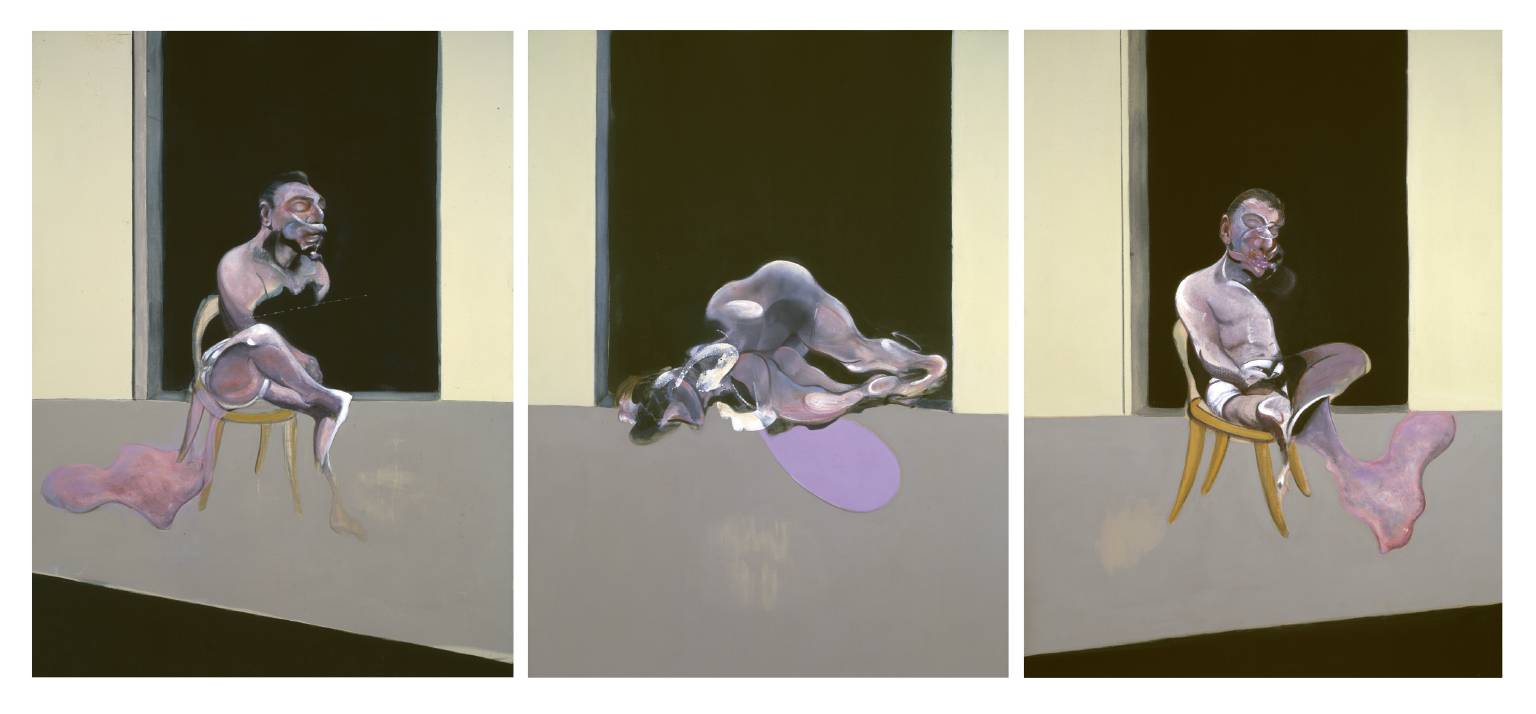
December 30, 2013, by Stephen Mumford
Prospective
A new year is to begin in the Western calendar. It marks the opportunity for new beginnings, new resolutions, a virtual rebirth. Many believe the date of the new year to be an arbitrary point. But what matters is the prospect of an annual renewal, reinvigoration and reinvention. New Year’s Day presents us with an existential challenge. Now is the time to decide who you want to be and how you want to live your life.
Søren Kierkegaard is attributed with saying ‘Life can only be understood backwards; but it must be lived forwards’. It’s a succinct paraphrase of what he actually said (see bottom for full quotation) and encapsulates the time-structured nature of our existence: a theme taken up in Heidegger’s Being and Time. In retrospect, we can make sense of the events of our lives, weaving them into an overarching narrative that rationalises our personal histories. You are a needy person, perhaps, because you were emotionally starved in childhood, and this is what led you to require generous acknowledgment of your achievements. Things start to make sense when you look back. But our decisions are all future-directed where one never knows exactly how events will transpire. One has to take a leap of faith, acting on a belief in what your actions will tend to achieve. Each day, one steps into the unknown. Informed by the past, one attempts to make choices in the present that will realise hopes for the future.
The New Year is almost here. This is the point to reassess priorities and the decisions of the past and to create a new and better life. Human freedom depends on this retrospective, introspective and prospective process. Whether you truly have a Happy New Year in large parts depends on your diligence in conducting this activity. My best wishes for 2014 to all who have followed Arts Matters. Thanks for all the encouragement, comments and retweets!
The full Kierkegaard quotation:
‘It is really true what philosophy tells us, that life must be understood backwards. But with this, one forgets the second proposition, that it must be lived forwards. A proposition which, the more it is subjected to careful thought, the more it ends up concluding precisely that life at any given moment cannot really ever be fully understood; exactly because there is no single moment where time stops completely in order for me to take position [to do this]: going backwards.’
[Original: Det er ganske sandt, hvad Philosophien siger, at Livet maa forstaaes baglaends. Men derover glemmer man den anden Saetning, at det maa leves forlaends. Hvilken Saetning, jo meer den gjennemtaenkes, netop ender med, at Livet i Timeligheden aldrig ret bliver forstaaeligt, netop fordi jeg intet Øieblik kan faae fuldelig Ro til at indtage Stillingen: baglaends.]
Søren Kierkegaard, Journalen JJ: 167 (1843), Søren Kierkegaards Skrifter, Søren Kierkegaard Research Center, Copenhagen, 1997–, vol 18, p. 306.

Thanks to you, Stephen, for writing Arts Matters. Each time, when reading your postings, it is like when one suddenly pauses before a certain piece of art: it is not only the piece of art that meets the eye, but a meeting with another human being, that makes that meeting with art matter. So arts matter, as do your writing about art and life, because of the value of meeting a truly vibrant, alive, existing human being in your writing. Thank you, for encouraging a leap of faith into the coming year. May it be a wonderful year, for you too.
Thank you so much, Vigdis. Best wishes to you.
Please find a beautiful prose description (excerpted from an extraordinary prose-opera-novel) of what it takes to be fully conscious in the present moment.
http://www.easydeathbook.com/purpose.asp